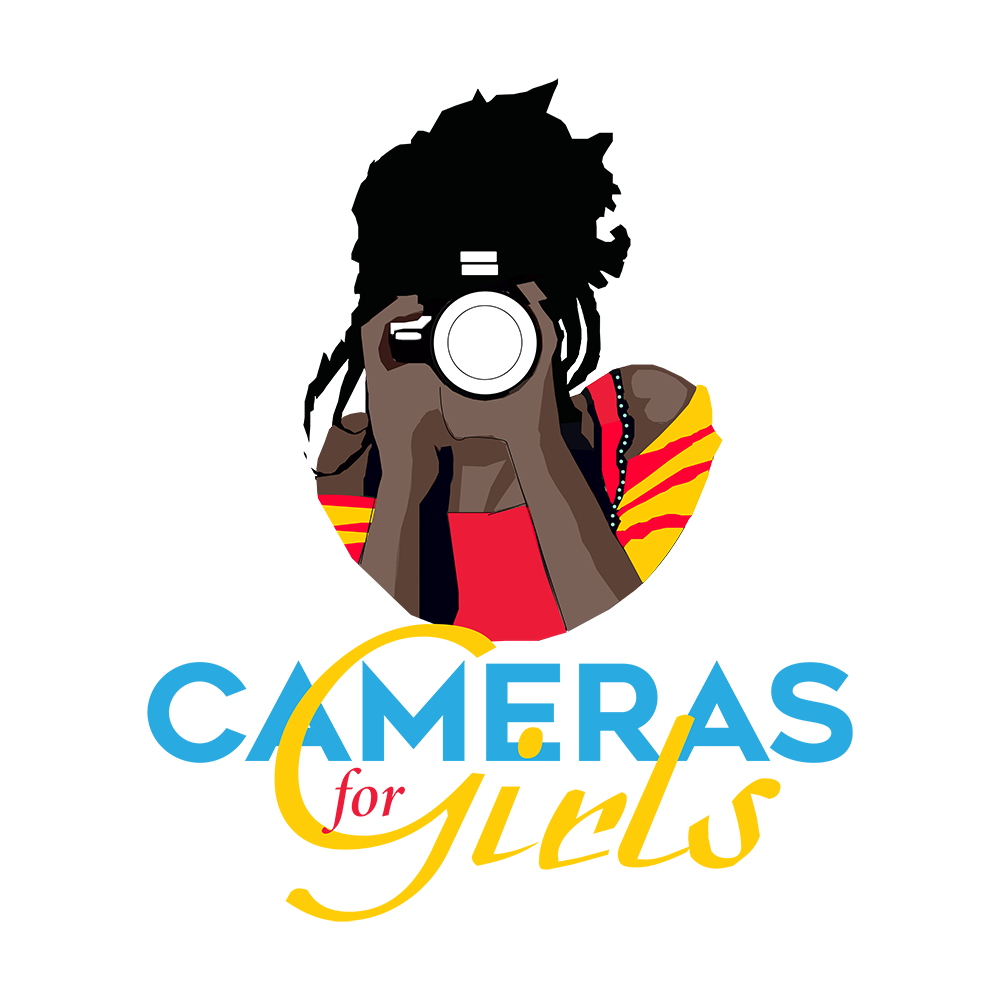Why Language Matters: Dismantling Colonial Narratives in Our Work
As a practitioner of ethical photography and storytelling, I’ve always believed that our language plays a crucial role in how we perceive and interact with others. This became even more apparent as I reflected on the content of our Cameras For Girls website. I realized that some of the language we used, specifically the word "empower," was steeped in colonial undertones. Though commonly used in development work, words like this carry subtle implications that we need to address, especially when working with international communities.
The term "empower" often suggests that power comes from an external source. In reality, the power to succeed, lead, and create change already exists within individuals and communities. They need the tools, support, and space to unlock it. This is a key belief we hold at Cameras For Girls; that individuals and communities have inherent strength and potential.
This belief in innate power is why we’ve chosen to use "INpower" rather than "empower." "INpower" reflects the idea that the power is already there, waiting to be tapped into. It shifts the focus from giving power to individuals to recognizing the power that already exists within them. It’s a slight change in language, but it’s a meaningful shift in perspective.
Amina and Miriam Najjingo teaching about ethical photography during a Uganda workshop
The Colonial Overtones of "Empower"
In many development and nonprofit sectors, "empower" has become a go-to word to describe the act of helping others gain power or control. While the intention behind the word is often positive, it can inadvertently reinforce a colonial mindset. It suggests that power is something granted from an external source, often given from a person or organization in a position of privilege.
This type of language implies that those we are working with are powerless, and that they require our intervention to achieve their potential. But when working with communities, especially in Africa, it’s important to recognize that people already possess immense strength and capacity. The role of an organization like Cameras For Girls isn’t to give power, but to support individuals and communities in realizing their own power and potential.
Moving Beyond "Beneficiaries" and "People Served"
The issue of language extends beyond just the word "empower." Terms like "beneficiaries" and "people served" are often used in the nonprofit sector, but they can inadvertently diminish the agency of individuals and communities. These words create a dynamic where people are seen as passive recipients of aid, rather than active participants and leaders in their own development.
In our work, we prefer to refer to our students and the communities we work with as "partners," "collaborators," or "students" in their own right. This language reflects their agency and emphasizes that they are actively shaping their futures.
Why Language Matters
Language is not just a tool for communication; it shapes how we view others and how we expect them to engage in the world. By making small but impactful changes in the words we use, we can help shift perceptions and challenge harmful power dynamics. It’s about respecting the autonomy of the people we work with and acknowledging that they are capable of achieving their own goals, with the right resources and support.
At Cameras For Girls, we aim to be a part of the process of unlocking this potential, not giving it. We believe in the word “INpower” because it recognizes that every individual has the power within themselves to create change.
What Can You Do?
As you reflect on your own work or communication, I encourage you to think about the language you use. Are there words that unintentionally reinforce a power imbalance? Are there terms that diminish the agency of those you’re working with? Simple shifts in language can make a big difference in how we perceive and support the communities we serve.
By moving away from colonial language and focusing on agency, autonomy, and collaboration, we can all contribute to a more respectful and inclusive narrative.
Are you an organization that needs further support to change your language? Reach out for a consultation HERE

